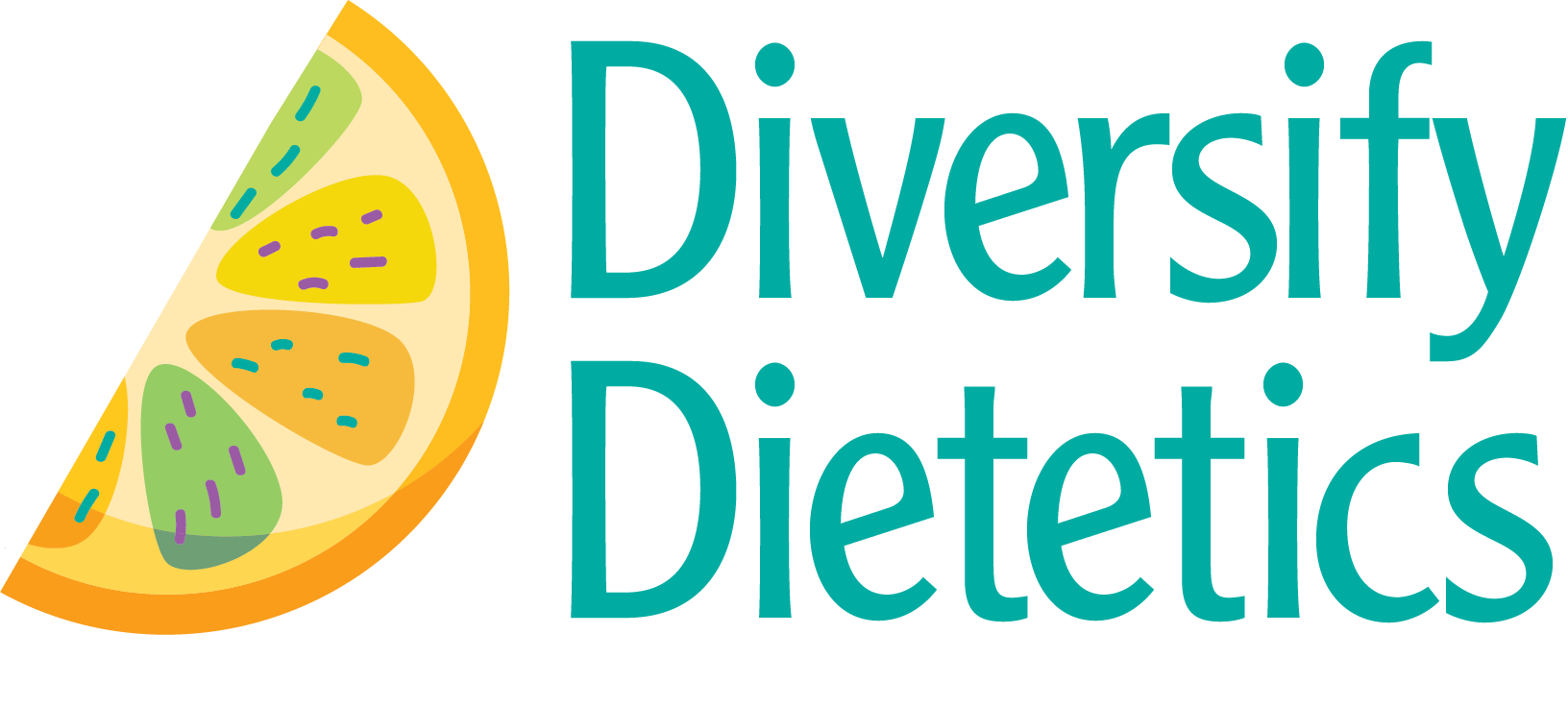RDN Spotlight: Dalia Kinsey, RD, LD
What is your ethnicity/race? Did your family have any customs related to food?
Afro-Caribbean/Black. My maternal grandmother was always a big proponent of using food for healing. I don't ever remember being given cough medicine as a child; but I ate countless bulbs of garlic blended with honey and a few drops of eucalyptus oil to fight off colds.
Where did you go to school and complete your dietetic internship?
I completed my bachelor of science in nutrition at Georgia State University (GSU) in 2012. I completed the dietetic internship through the Georgia Department of Public Health in 2016.
Why did you decide to choose nutrition and dietetics as a career?
Department of Public Health Dietetic Internship Graduation
I knew I wanted to help others live their lives to the fullest. Watching close family and friends suffer from preventable health problems and working through managing my own autoimmune disease piqued my interest in advocating for the consistent incorporation of nutrition into both preventative health care and the treatment of chronic illness. When I started the dietetic program at GSU, my ultimate goal was to advocate for changes in the social and physical environment to improve the health of marginalized individuals by increasing autonomy through urban gardening, and improving food literacy by offering nutrition education that fits into the lifestyles of busy working class people. The positions I've held in both public health and in school nutrition have allowed me to work in my areas of interest. I'm also interested in developing educational programs tailored to the needs to working class individuals that have limited time and moderate resources.
What do you do now as a dietetics professional and what does a typical day or week look like for you?
I work for a school district in the nutrition department’s central office. A typical day includes overseeing the menu and recipe development process, verifying that menus and recipes comply with federal, state and local regulations, and consulting with nurses, teachers, and nutrition staff to meet special dietary needs of students with allergies or other restrictions indicated by a physician.
What was the biggest challenge for you in becoming a dietitian and how did you overcome it?
I was raised in a very religious household. Secular interests and secondary education were not prioritized. My parents made it clear that they would not be bankrolling my education, which meant that if I decided to attend school, I needed to move out and do it on my own. Working full-time while studying was a challenge. My dietetic program experience was littered with microaggressions, which was disappointing and demoralizing but tolerable. I was not able to take a year off from working to complete an internship so that was the hurdle after completing my bachelor's. Fortunately, I was able to apply to for the Department of Public Health internship after giving DPH a year of full-time service. Their program allows you to continue to be compensated as a full-time employee while studying.
Have you had any mentors and how have they affected your career?
The majority of the preceptors I met during my internship have been incredible sources of support. These women have kept me optimistic about the field and pointed me in the right direction when it comes to helpful trainings, job openings, etc.
“Back to School Bash” at my job
Why do you think diversifying the field of nutrition is important?
Diversity is not something you pursue to be nice or politically correct. Diversity strengthens organizations. Diversity stops fields from becoming outmoded. Diversity is crucial to dietetics because we live in a global society and consumers will not continue to tolerate “one-size-fits-all”, culturally tone-deaf services.
What advice would you give a student of color interested in entering this profession?
Try to discern what your educational and emotional needs are and do not be afraid to ask for additional support when you need it. Take advantage of the confidential mental health resources available on campus if you need someone to speak to about the stress or pressure you are under. Don't be afraid to change counselors or therapists if the first person you meet with doesn't turn out to be a good match.
Dalia lives and works in Georgia. You can follow her on Instagram and LinkedIn. Dalia has recently launched a website called School Nutrition Dietitian and will soon be launching a podcast by the same name. Be sure to follow along with her there!



